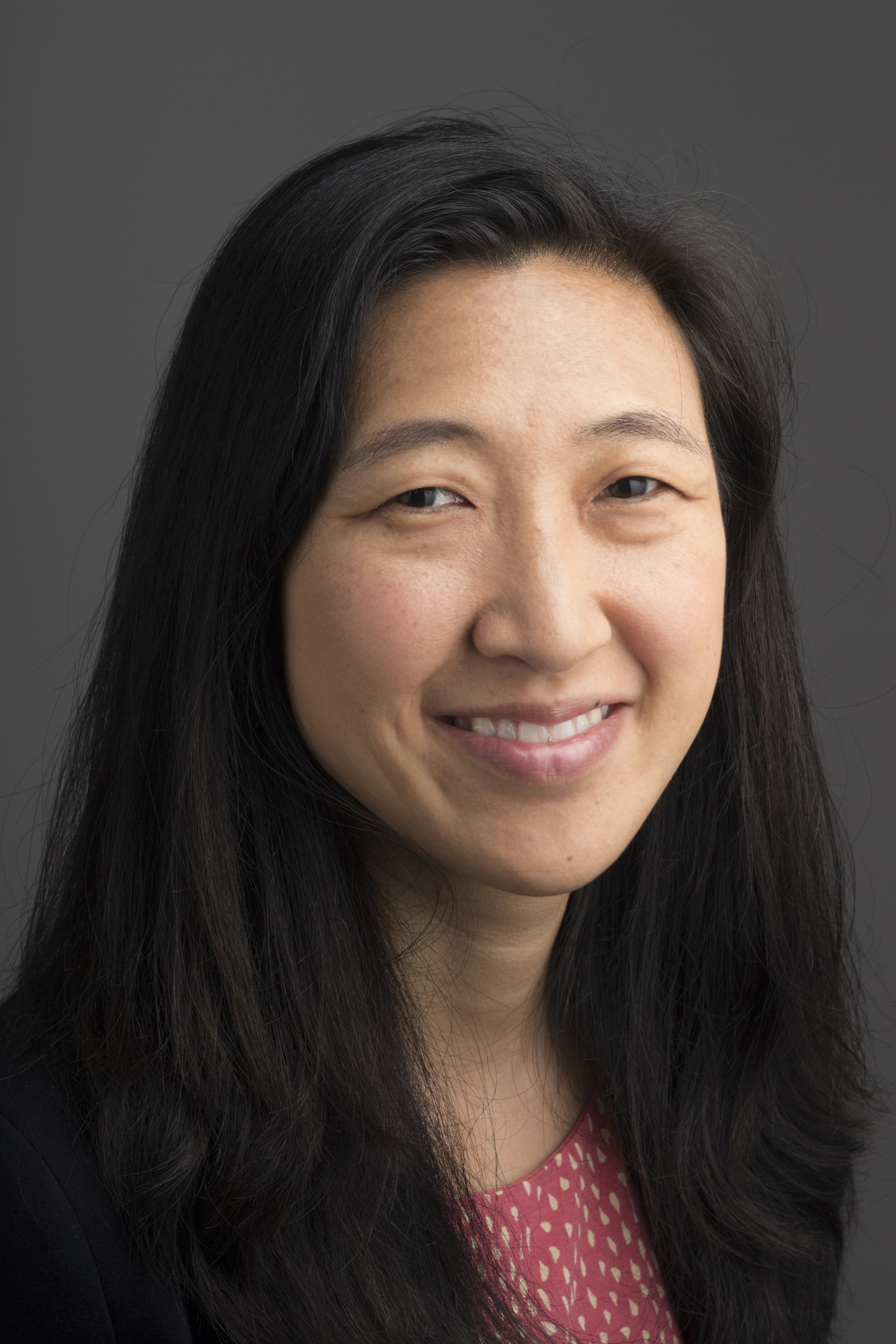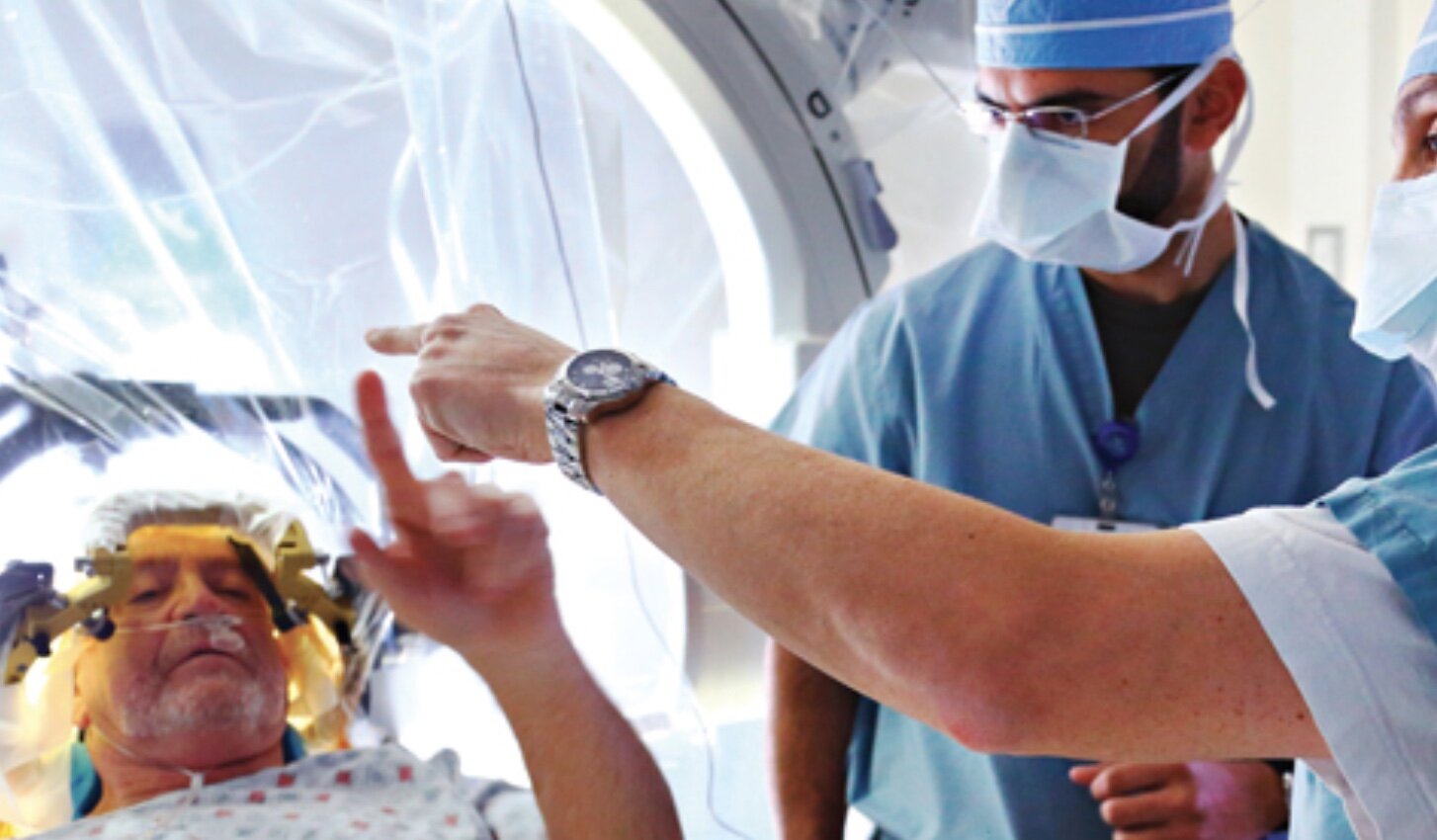Five DO's and DON’Ts for Parkinson's Disease DBS
As DBS has evolved as a viable option for some folks with Parkinson’s it is important we keep practical tips available and accessible. We sat down with two experts from Boston University to pick their brains about the do’s and don’ts of Parkinson’s DBS.
Dr. Ludy Shih is Associate Professor of Neurology at Boston University School of Medicine. She completed her neurology residency and movement disorders fellowship at Harvard/Beth Israel Deaconess Medical Center with Dr. Daniel Tarsy and Dr. David Simon where she was Director of the Deep Brain Stimulation Program and Assistant Professor of Neurology at Harvard Medical School. Dr. Shih is the director of the Deep Brain Stimulation Program at Boston Medical Center and is actively engaged in teaching, patient care and clinical research.
Dr. Pratik Rohatgi is Assistant Professor in Neurosurgery at Boston University School of Medicine. He completed neurosurgery residency at Penn State University as well as a fellowship in functional neurosurgery, followed by post-graduate fellowship training in functional neurosurgery at UCLA. He is a graduate of the University of Michigan School of Medicine and has an MS in biomedical engineering with a concentration in neural engineering. His research interests include neurophysiology and imaging. Dr. Rohatgi enjoys meeting patients with movement disorders at Boston Medical Center to help them learn if surgical treatment options are right for them, such as deep brain stimulation.
1. DO identify what it is you're struggling with and
what you want to make better about Parkinson’s
disease FIRST before thinking about DBS.
Understandably, most people are not eager to pursue brain surgery. By the time people consider DBS, some are likely finding it difficult dealing with many symptoms of Parkinson's disease, and some of them will or will not improve with DBS. It's best to face all the issues head on, and this may be a good time to do a review of all the things that you most need help with. Some people with living with Parkinson Disease (PWP) may feel that they should not bring up some of their non-motor difficulties because they think the team will tell them that they are not a good candidate for DBS. In our experience, we see PWP coming in for problems that can be addressed in a different way that may be more effective than DBS for the issue at hand. In some cases, we see problems that should be addressed and improved in order to make DBS even more successful. Finally, there are some instances in which DBS would be dangerous or harmful to perform. A family care partner can often provide information and support during this time.
2. DO talk to your neurologist about your needs and
goals for treatment and talk about all the options that
are available
Today, many treatments exist for the motor complications people commonly experience with Parkinson's medications. These include intestinal gel levodopa, rescue medications, and longer acting formulations of carbidopa/ levodopa. Another treatment in development is a newer form of apomorphine, which is a dopamine agonist infused under the skin, but not available in the US as of 2021. There are also many treatments for the non-motor symptoms of Parkinson's disease. These symptoms should not be forgotten and may be as just as important to address as the movement difficulties – if not more so in some cases.
3. DO consult a movement disorders specialist and
team who have expertise in DBS
Because advanced therapies and management of PD can be complicated and not routinely dealt with in clinics that don’t see a lot of people with PD, you might want to seek out a neurologist with movement disorders training, who is experienced with DBS, and who works in conjunction with a multidisciplinary team including a neurosurgeon, a neuropsychologist, a behavioral health specialist, and rehabilitation specialists as needed (physical, occupational, speech therapy). A multidisciplinary team can identify the motor symptoms of Parkinson’s disease that can benefit from DBS, as well as how your non-motor symptoms may influence your treatment journey. Team members can collaborate with your usual neurologist to address your care from a big picture perspective. While there may not be a DBS neurosurgeon or neurologist close to your home, telemedicine visits are now widely available. A telemedicine consultation to discuss your current situation is certainly worth considering if only to get more information. Talk to your neurologist to see if this might be a good idea.
4. DO remember that everyone's experience with
DBS is going to vary. Your care team will best be able
to guide your expectations of therapy.
There are many impressive success stories with DBS. Over 200,000 people worldwide have gone through DBS, and a majority of them have been for Parkinson’s disease. Some of these stories are highlighted in news outlets and in patient-oriented brochures. While it's important that we celebrate these successes, it is also important to know that some people will not experience that same level of benefit. A lot of research has been performed that has improved our ability to guide expectations about the amount of benefit you can have with DBS. We have a very good base of knowledge, but it is still an imperfect science. This is why a DBS neurologist, neurosurgeon and team, who are up to date on the latest research, and who take time to get to know you, are probably in the best position to help provide you the information you need to decide whether this treatment is right for you.
5. DON’T rely just on web sources or manufacturers’
education materials. Think about your lifestyle and talk
to people with PD who have gone through DBS.
Aside from asking questions on how much benefit DBS might provide, a lot of people ask good questions about how DBS is going to fit into their lifestyle. Once it’s decided DBS is a good idea, people now have choices in terms of which DBS system to have their neurosurgeon implant. The devices are largely similar to each other with a few exceptions. Some PWPs are fine with having the neurologist and neurosurgeon select the device for them. However, there are a few questions you can ask yourself to help you decide if you want to select the system that will be implanted. Do I want to avoid surgeries to replace the battery every few years? Can I keep up with recharging the battery on my own at home or do I have help available to do it in case I can’t? Do I prefer to have an option so that my doctor can remotely make DBS programming adjustments and follow up care via telemedicine visits?
Since people are different in terms of what they value, it's a good idea to talk to a few people with PD who have gone through DBS, and to think about what you value most in trying to manage your PD symptoms. People that have gone through DBS cam be recommended to you by your treatment center as spokespersons. Ask your treating team whether the spokesperson they recommended had a typical experience, in what ways were they different or unique, and whether they went through surgery for the same reasons you may be considering it. DBS support groups do exist in various locations, but they may not always talk about the issues you are facing. For example, You might be about to have DBS, and the other PWP in the support group who have already gone through DBS may be looking for different tips for managing their PD at their stage of their treatment journey.
Lastly, DON’T be afraid— rely on your team of experts and care partners to ask good questions, so your team can give you reliable scientific information, but in the end, you’re the expert on the person that counts the most – YOU!
To read more books and articles by Michael S. Okun MD check on Twitter @MichaelOkun and these websites with blogs and information on his books and http://parkinsonsecrets.com/ #Livingwith Parkinson’s #EndingPD #Parkinsonsecrets #LessonsFromTheBedside
He also serves as the Medical Advisor for the Parkinson’s Foundation.
To see more on Dr. Indu Subramanian she does live interviews of experts in Parkinson’s for the PMD Alliance.






